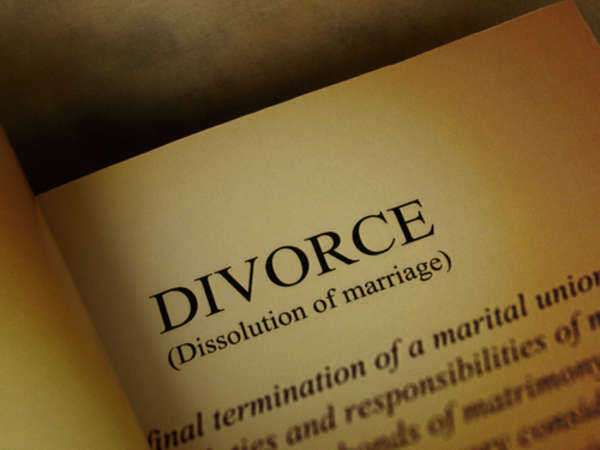Contested Divorce in Maryland
Contested divorce in Maryland can be undesirable for a number of reasons, not the least of which is the potential for protected legal expenses and the stress of lengthy civil action against a spouse. Sometimes a contested divorce in Maryland is inevitable, and understanding the fault-based provisions and grounds for divorce in Maryland will help you determine if you should settle or pursue the contested divorce further. Whether you determine to “work out” a divorce agreement or pursue satisfaction in court, a divorce attorney is your best resource for getting the divorce agreement that is the most equitable and fair to your needs.

Steps to a contested divorce
After meeting with the divorce attorney and preparing a divorce petition, that petition is filed with the county family court. These papers must be served to the spouse, either on your own or with the assistance of the sheriff. There may be additional fees, depending on the county, to have the sheriff serve papers on your behalf. If you are serving the papers on your own, you must make attempts, in good faith to locate the spouse and deliver the divorce notice. If you and the combined efforts of the county cannot locate the spouse, the petition is mailed to their last known address. If at this point the spouse does not respond to the divorce petition, then the divorce will be considered “no contest” and the separation will proceed on the terms set by the petitioner.
If the spouse responds and intends contest the divorce, the judge of the applicable court will call a hearing. Contested divorce in Maryland allows for temporary alimony to be assigned at this hearing in the event that one spouse is dependent on the other. This is a temporary arrangement while the divorce proceedings are ongoing.
Grounds for divorce
In a contested divorce, proving fault can be essential to the success of your case. In this situation, for example, you may be able to apply any of the following grounds as the reason for the failure of your marriage:
- Adultery – sexual relations outside of marriage
- Desertion for one year, without legal cause. This includes desertion due to the behavior of a spouse as well.
- Insanity – confinement to a mental institution for three or more years
- Cruelty – both physical and mental
- Conviction of a felony – with imprisonment lasting up to one year
- Involuntary separation for two years without cohabitation
Any of these grounds can be proven in a contested divorce and doing so will net a more favorable divorce settlement. If these grounds cannot be proven, there are additional, no fault grounds that include one year mutual and voluntary separation. If there are any points that are not agreed upon by the spouses, then the divorce is considered a contested divorce, even if all other areas of the divorce are in agreement.
Alternatives to contested divorce in Maryland
You may avoid lengthy court appearances by agreeing to settle some differences through mediation. In uncontested divorces, a divorce agreement may be negotiated prior to going to court, so that the only action necessary is to present that agreement oir certification.